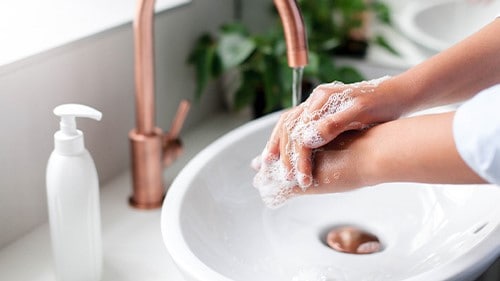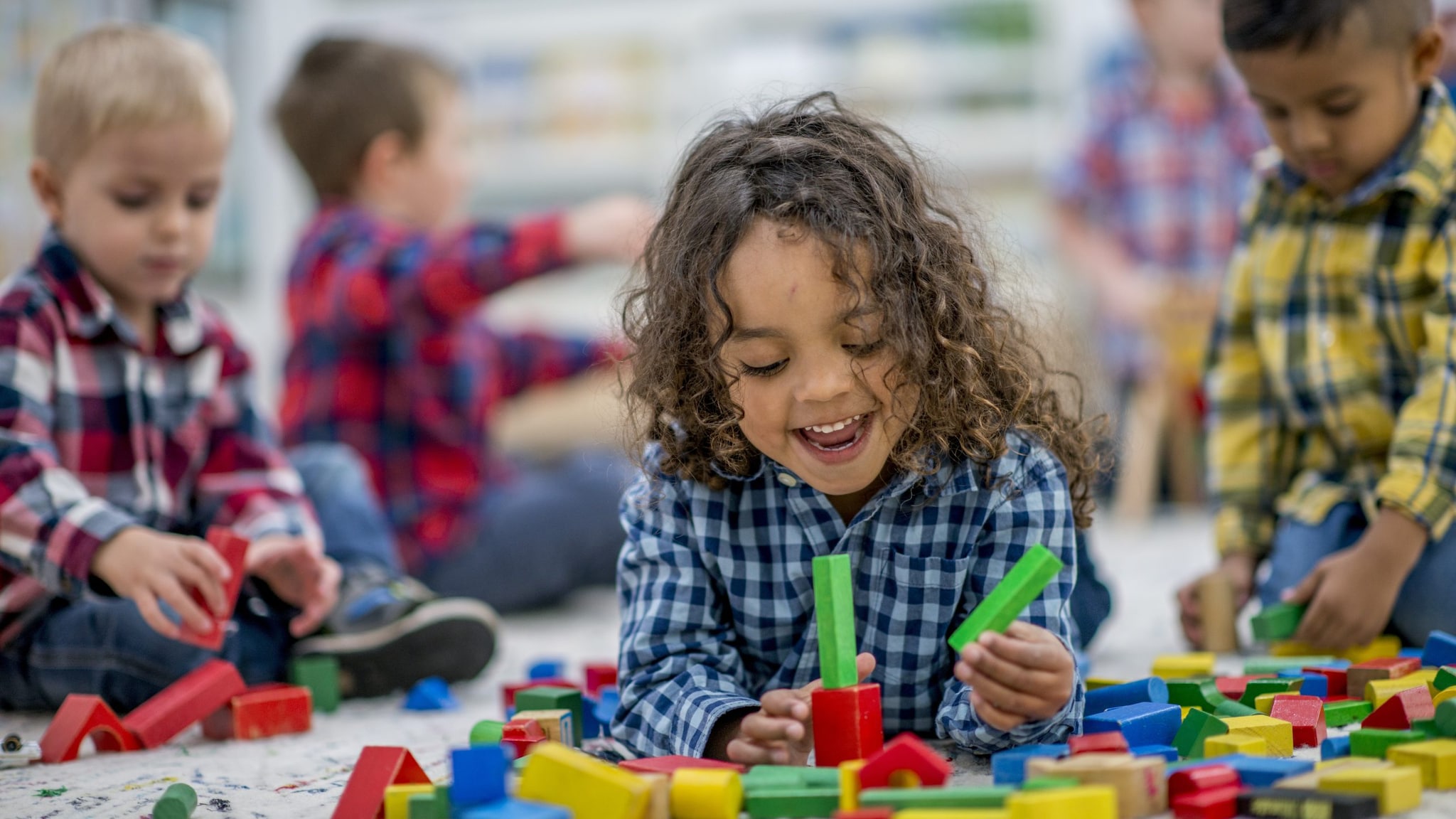Key points
- You can take steps to avoid getting or spreading Giardia.
- Key steps include washing your hands, avoiding unsafe water or food, and not touching animal poop.
- If a person or pet in your home has a Giardia infection, clean and disinfect areas where they recently had diarrhea.

Exposure
Giardia can spread easily from one person to another or through water, food, surfaces, or objects.
Giardia germs are in poop of people or animals who are infected, so anything that gets contaminated by human or animal poop can potentially spread the germs.
Prevention steps and strategies
Wash your hands
Wash your hands with soap and water at key times when you are more likely to get or spread germs.
Key times include:
- Before preparing food or eating
- After using the toilet
- After changing diapers
- After touching an animal or their environment
- After touching soil
Giardia germs can be in soil, so wash your hands after activities like gardening, landscaping, or field work. Wash your hands even if you were wearing gloves.
At pools, lakes, and other swim areas
- Stay out of the water if you are sick with diarrhea.
- Shower before you get in the water.
- Do not swallow the water.
- Take kids on bathroom breaks and check diapers every hour.
- Change diapers away from the water to keep germs out of the water.
Around animals
- Avoid touching animal poop, especially the poop of young animals.
- Do not touch your face or mouth after being near animals.
- Wash your hands after touching animals or the areas where they live.
Early care and education
Parents and caregivers
If your child has diarrhea, keep them home from early care and education (for example, childcare or preschool) until their diarrhea has stopped.
Providers
- Clean, sanitize, or disinfect toys and surfaces.
- Regularly wash your hands and kids' hands with soap and water.
- Take steps to avoid spreading germs when changing diapers.

Having safer sex
Waiting to have vaginal, anal, and oral sex until several weeks after you or your partner stop having diarrhea can help you avoid getting or spreading Giardia. Giardia germs can still be in poop for several weeks after you stop having diarrhea.
If you do have sex, reduce your contact with poop by:
- Washing your hands, genitals, and anus (butthole) with soap and water before and after sex
- Using condoms during sex. Condoms also help prevent other diseases spread through sex.
- Washing sex toys with soap and water after each use
- Washing your hands after touching used sex toys, used condoms or other barriers, and douching materials
Cleaning and disinfecting
Clean and disinfect to remove Giardia germs from a space where a person or pet recently had diarrhea.
Follow product directions
Surfaces
Surfaces include floors, tables, furniture, trash cans, and pet crates.
Cleaning
- Remove any poop with paper towels or another absorbent material.
- Put the poop in a plastic bag and throw it away.
- Clean the area using soap or another cleaning product appropriate for the surface.
- Rinse the surface thoroughly until you cannot see any traces of poop left.
- Let the area fully dry.
Disinfecting
After cleaning, use a disinfection product appropriate for the surface. Follow the instructions on the label of the product.
Dishwasher-safe items
You can disinfect dishwasher-safe toys, pet bowls, and other items in a dishwasher by using the dry cycle or final rinse cycle.
You can also disinfect dishwasher-safe items by fully covering them in boiling water for at least 1 minute. At elevations above 6,500 feet, keep the item in boiling water for 3 minutes.
Laundry
Wash laundry in a washing machine. Then, dry it for 30 minutes in a dryer set to the highest heat setting. If a clothes dryer is not available, allow laundry to fully air dry under direct sunlight.
Laundry items may include clothes, sheets, towels, cloth toys, or pet bedding.
Cleaning for sick pets
Traveling
When traveling, avoid drinking water or eating food that might be contaminated with Giardia.
Avoid drinking unsafe water
Drink bottled water or treat water if you are not sure if the water you are using has been treated to remove germs. Water and ice straight from lakes, rivers, springs, ponds, streams, or shallow wells is generally not safe to drink or use.
If you need to drink or use water from springs, lakes, or rivers—for example, while hiking or camping—first make the water safe. Boiling the water for 1 minute (or 3 minutes above 6,500 feet) is the best way to kill Giardia and other germs.
Another option is to filter and disinfect water. Use a filter certified for “cyst” and “oocyst” reduction, or NSF Standards 53 or 58. These filters are designed to remove Giardia. Then, disinfect filtered water to kill bacteria and viruses. Many filters that remove Giardia and other parasites do not remove bacteria or viruses.
Avoid eating unsafe food
If possible, eat only cooked food when traveling in areas where the food supply might be unsafe.
